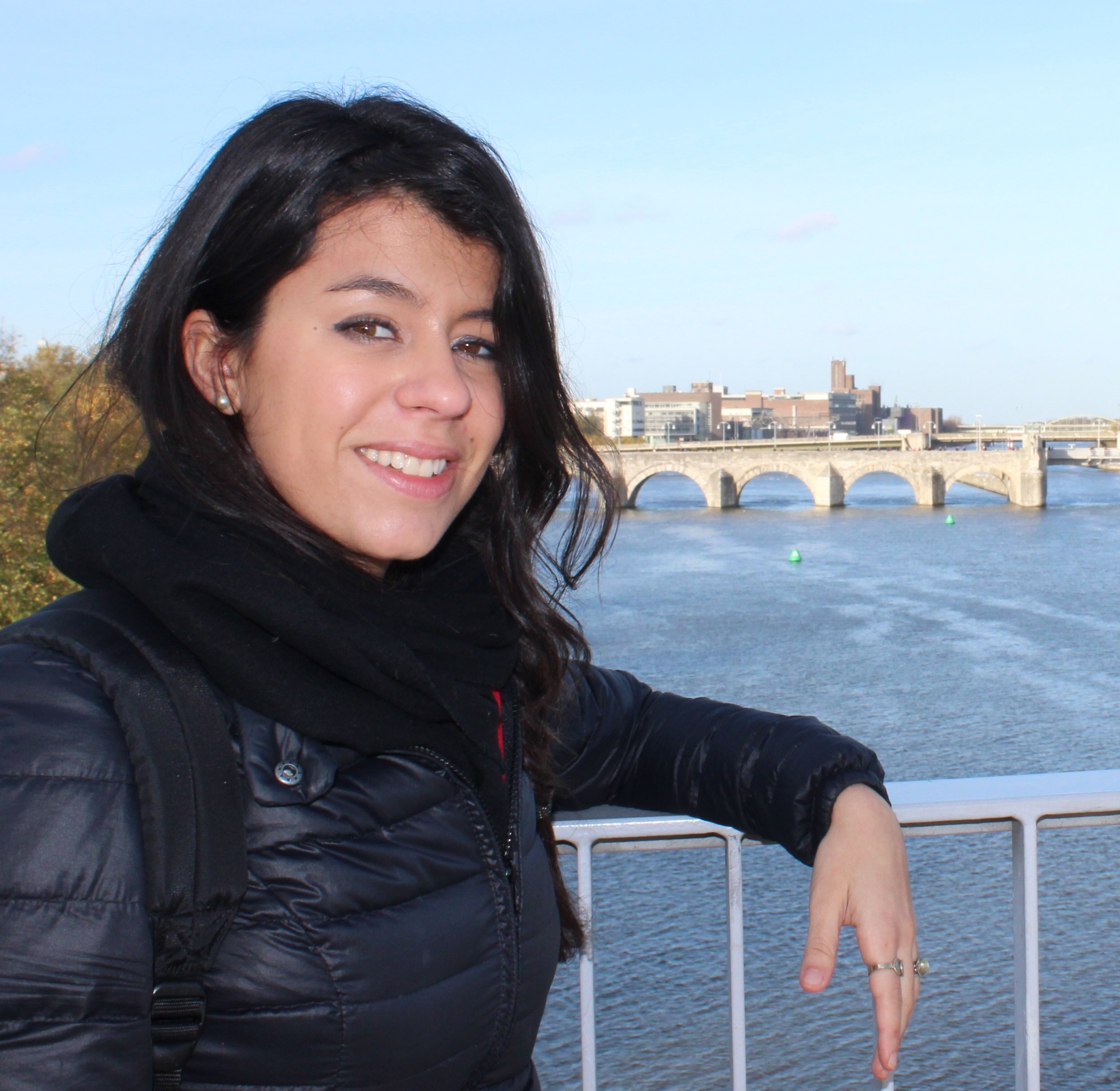Get to know the early stage researchers – interview with Sofia (ESR6)

In this interview we present ESR6, Sofia De Rosso from Italy who will work in INRA in Dijon, France. Here PhD will focus on how healthy eating habits can be developed for infant and toddlers, and to develop public healthy dissemination material for parents
Please, tell us about your background
My name is Sofia, I am 28 years old and I come from Italy. I started my studies in my home country with a Bachelor in Biological Sciences, then I moved to the Netherlands to obtain a Master in Nutrition and Health at Wageningen University. I spent already some time abroad, beside the two years in the Netherlands I lived one year in Sydney, some months in Zurich (for an internship at ETH) and a period in Addis Abeba, Ethiopia, for my Master thesis research aimed at determining the association between infant and young child feeding practices and morbidity due to malnutrition in Ethiopia. My previous research focuses have been also on obesity preventive aspects, studying population-based strategies for the prevention of excess weight gain over the lifespan.
In the past two years I worked in a Cancer Research Institute in Padua as a scientific consultant on a project of dissemination/communication, with the final goal of making accessible to the public, through the use of illustrations and simple texts, scientific concepts that the population generally struggles to understand and perceive as abstract.
Why did you want to be a part of Edulia?
I find myself really passionate about finding new dissemination tools that could be used for primary prevention and discovering new ways to tackle issues like obesity in children, through promoting healthy eating habits. I think this is also one of the main goals of my PhD project within Edulia. Moreover, the project implicates a multidisciplinary approach to the topic, involving different institutions and organizations at the international level; I think this would improve a lot my professional skills.
Which institution are you going to work in?
I am working at INRA at the Centre for Taste and Feeding Behavior in Dijon, but I will have to spend some months in Paris too, at the Santé Publique France, the official agency in France in charge of Public Health Communication.
What are your expectations of living in France?
Well, eating good food and drinking good wine! I think Italy and France are really similar from the cultural point of view. I will try to explore the country as much as possible and I hope, by the end of my PhD, to be able to speak French perfectly!
When did you start your position?
I started in January 2019.
What do you think will be the main challenge for you the next three years?
I lived in different countries in the previous years, I am kind of used to change working and living environments. At the beginning the main challenge for me will be the language, but also a bit the pressure feeling that I have to deal with, as working in such a big project.
What do you think about your future carrier?
First of all, I want to complete successfully my PhD. I think I will have time to shape ideas and opportunities about the future along the way, based on the people I will meet and the network I will create. Going on with the academic career could be an option, but also being a scientific communication consultant in a food company, or working within the public health sector, who knows… One of my longtime job dreams is to collaborate with organizations like FAO, WHO or UNICEF.
Which challenges do you find most important for our society in the future?
I think the main challenge lies in the definition of ‘Sustainability’: the ability to meet the needs of the present without compromising the ability of future generations to meet their own needs. It refers mainly to environmental matters, but also to food resources.
How do you want to make a difference?
Many people see research as an abstract thing; they do not see short-term benefits for the society and especially for them. With this project I hope to have an impact and a positive effect on parents’ feeding practices and on children’s eating behavior. Modeling the eating behavior of children towards healthy choices is the starting point to prevent obesity, eating disorders and related diseases.
What age group will you work with? What do you think will be the worst/best part of doing research related to this age-group?
I will work with infants and toddlers up to 3 years old. I think what could be challenging, but interesting at the same time, with this age group, is the fact that a child at this age is not able to communicate like an older one, you have to figure out different ways to interpret his/her behavior. Moreover I will deal with parents as well, and the evaluation of the child-parent interaction in the context of feeding is also tricky.
ESR, ESR6, infant, INRA, parents, toddler

